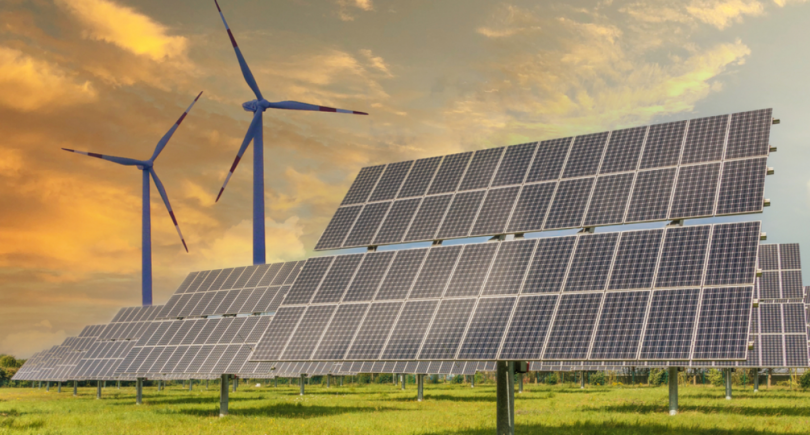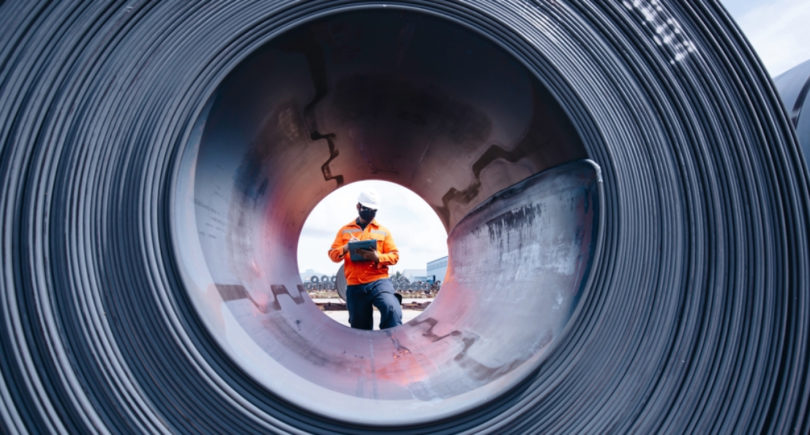
News Global Market decarbonization 2141 21 February 2024
Overcoming the deficit of green investments will require a comprehensive approach
Despite the fact that European green investments have gained momentum in recent years, an additional €406 billion is needed annually to meet the EU’s climate goals by 2030. This is stated in a study by the Institute for Climate Economics (I4CE), an independent think tank, Euractiv reports.
The report is the first of its kind to comprehensively track public and private investment in economic sectors considered key to achieving the EU’s decarbonization goals, including energy and construction.
According to the study, at least €813 billion is needed annually in 22 sectors of the economy to achieve the decarbonization bloc’s goal of reducing greenhouse gas emissions by 55% by 2030 compared to 1990 levels.
«As investments in the real economy reached €407 billion in 2022, this means that the European climate investment gap is €406 billion per year, or 2.6% of GDP,» the study says.
According to I4CE analysts, overcoming the green investment deficit will require a comprehensive approach that includes regulation, carbon pricing policies, and some additional public funding from the EU. But this will require addressing policy issues such as the constraints imposed by the bloc’s fiscal rules on national spending, the role of EU funds in supporting green policies, and the debate over potential new sources of EU funding.
In early February of this year, the bloc countries agreed to reform their spending rules. However, they provided only limited additional space for green investments under pressure from frugal countries such as Germany, which want to reinstate strict rules that were suspended during the COVID-19 pandemic and energy crisis.
«The European Commission needs to better assess and address the climate investment gap in the EU, otherwise there is a risk that the Green Deal will not be able to deliver on its economic, social and environmental promises,» warns I4CE.
As GMK Center reported earlier, the European Commission has recommended that the EU reduce net greenhouse gas emissions by 90% by 2040 (compared to 1990 levels). The EC also outlined the measures needed to achieve this goal. In particular, it refers to the need to fully implement the agreed framework of the bloc to reduce emissions by at least 55% by 2030 and to decarbonize the industry based on existing advantages (wind power, hydropower and electrolyzers).



